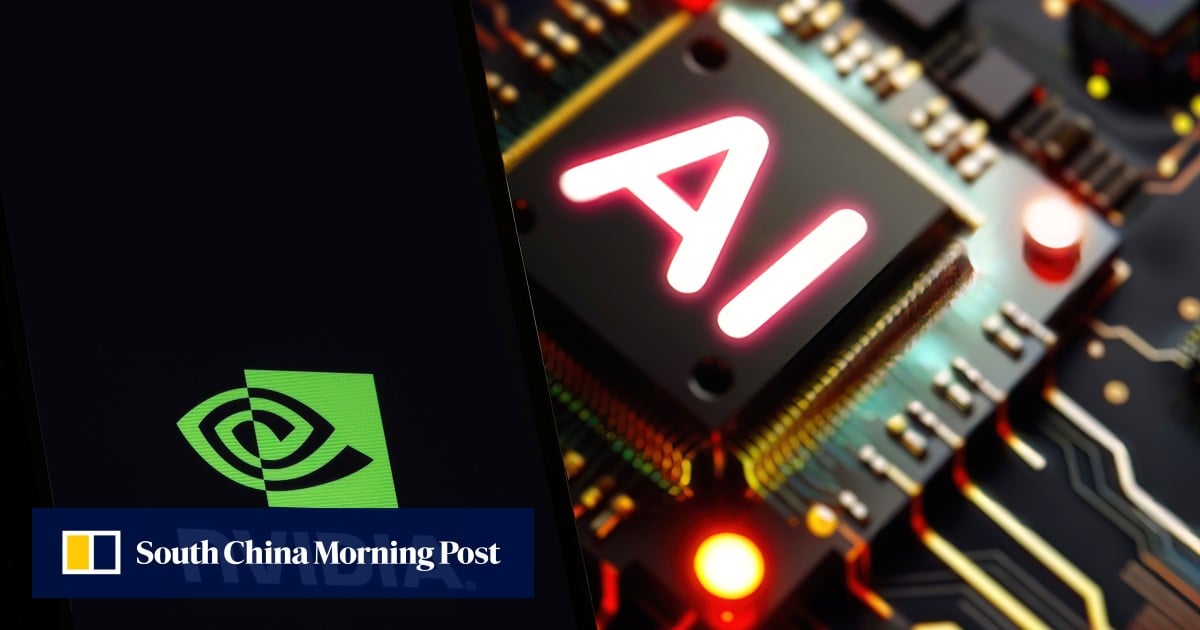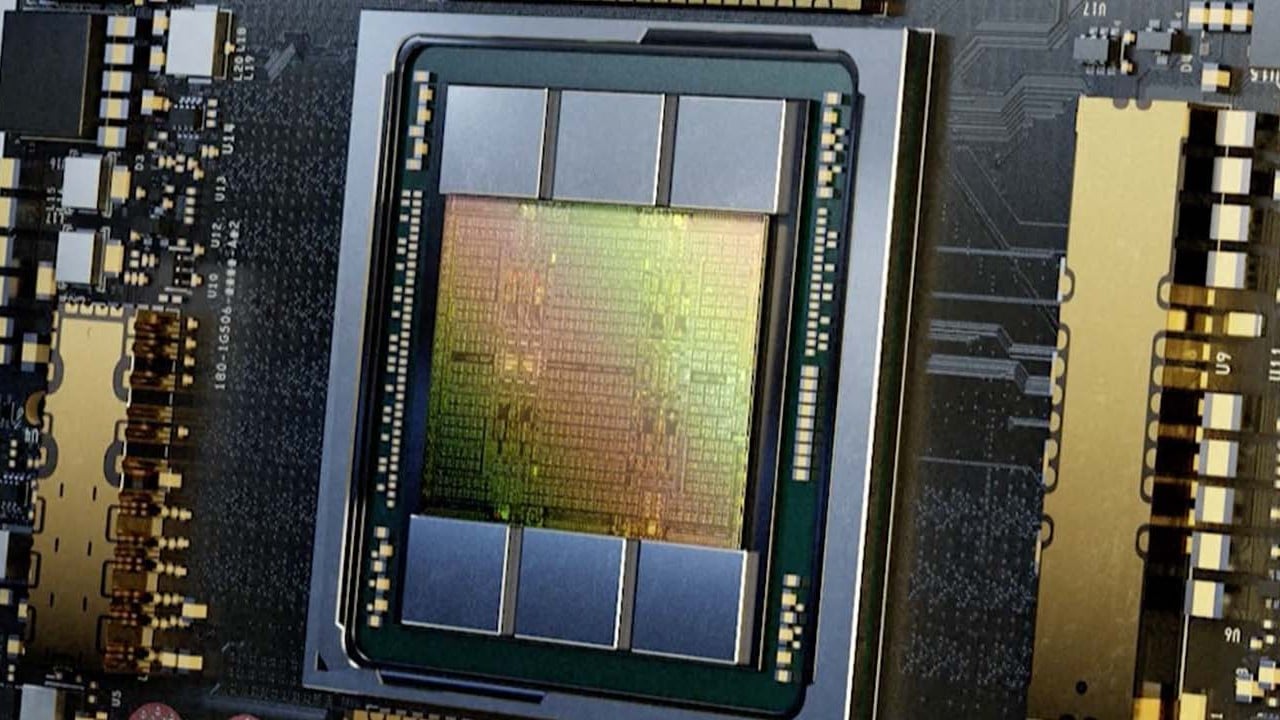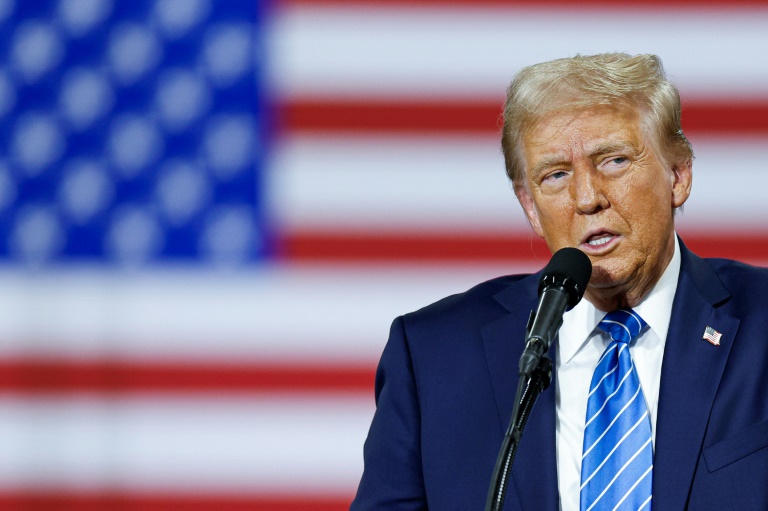The growing competitive pressure in China also adds a cautionary note to investors in the US semiconductor design firm, as its shares extended a stunning rally following Wednesday’s bumper revenue forecast.
Nvidia, which dominates the global market for AI semiconductors, introduced three chips tailored for China late last year after US sanctions prevented the company from exporting its most advanced graphics processing units (GPUs).
Analysts said while Nvidia was trying hard to capture share in a market it cannot afford to lose, the outlook is increasingly uncertain.
China’s global share of the AI industry is projected to exceed 30 per cent in 2035, according to a report by Chinese market research firm CCID Consulting.
“Nvidia is walking a fine line and working on a balancing act between maintaining the Chinese market and navigating US tensions,” said Hebe Chen, a market analyst at IG. “Nvidia is definitely preparing for the worst in the long term.”
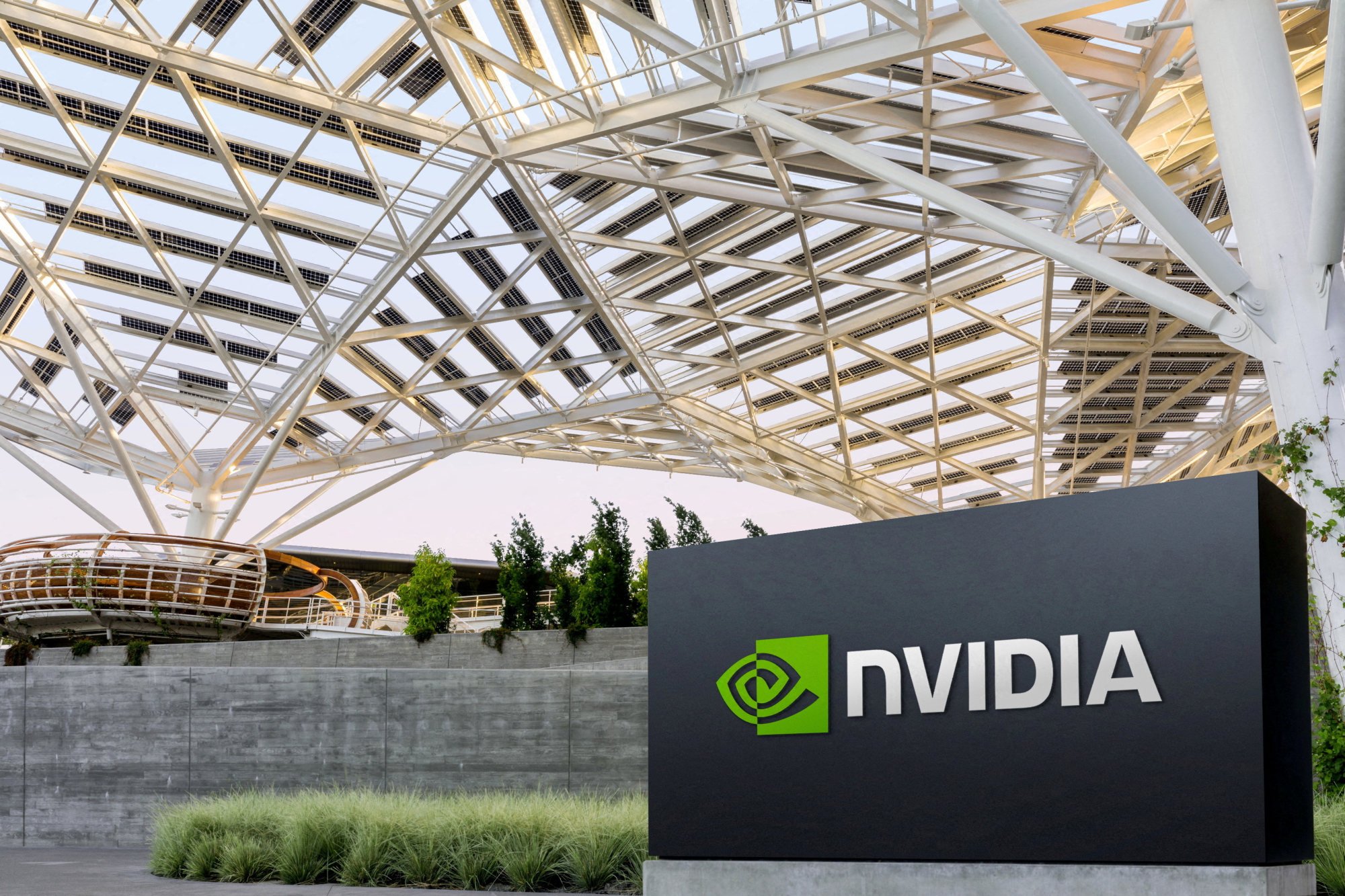
During Nvidia’s first-quarter earnings on Wednesday, senior executives warned that the company’s business in China is “substantially” lower than in the past owing to US sanctions.
“Our data centre revenue in China is down significantly from the level prior to the imposition of the new export control restrictions in October,” Nvidia chief financial officer Colette Kress said. “We expect the market in China to remain very competitive going forward.”
Analysts said the H20’s performance will be a major factor for its business in China, while longer-term prospects will depend on how it competes with the privately held tech giant Huawei.
Huawei did not immediately respond to a request for comment.
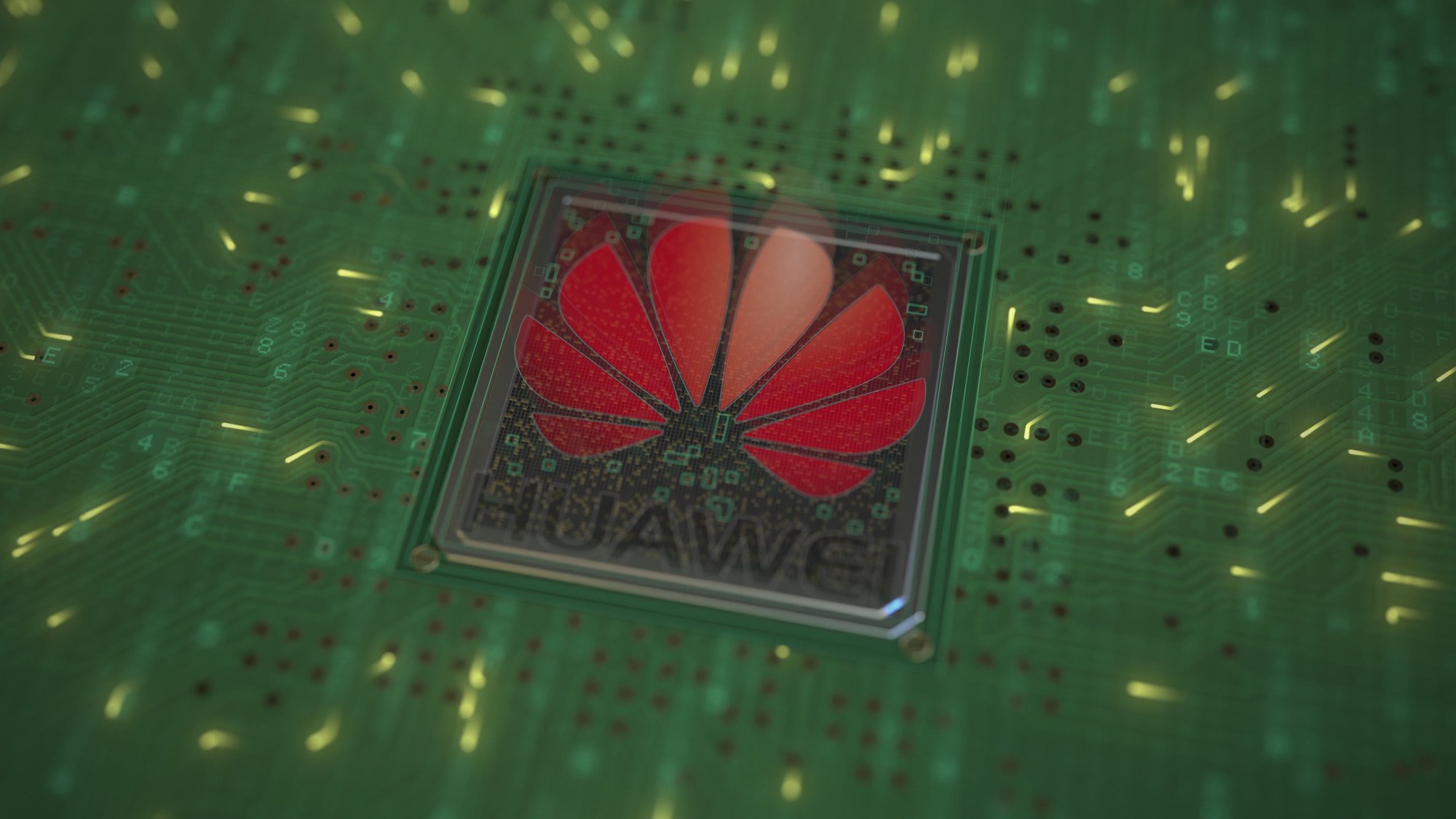
In the past six months, just five state or state-affiliated buyers have expressed interest in purchasing H20 chips, compared with more than a dozen for Huawei’s 910B in the same period, according to Reuters’ checks on available government procurement data, which is not exhaustive and may not reflect the full extent of market demand.
The H20 became widely available in China last month, with deliveries to clients in little over a month, the sources said.
Server distributors in China are selling the H20 at prices around 100,000 yuan (US$13,805) per card, and the eight-card server for around 1.1 million yuan to 1.3 million yuan per server, the sources said.
By comparison, distributors are selling the Huawei 910B at above 120,000 yuan per card, while its eight-card server equivalent starts at 1.3 million yuan to 1.5 million yuan per server. The sources added that prices for both the H20 and Huawei’s 910B can fluctuate depending on the size of orders placed.
Dylan Patel, founder of research group SemiAnalysis, said close to a million H20 chips will be shipped to China in the second half of this year, and Nvidia must compete with Huawei on pricing.
“The H20 costs more than the H100 to manufacture because of its higher memory capacity,” Patel said, adding that it is being sold, however, at half the price of the H100 – referring to the powerful Nvidia chip banned from export to China in 2022.
“This is a dramatic decrease in margin.”

